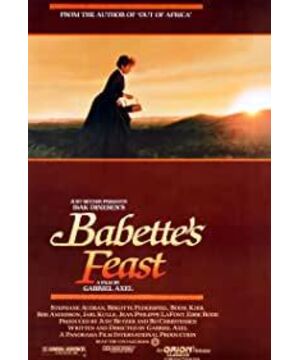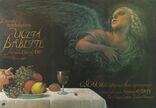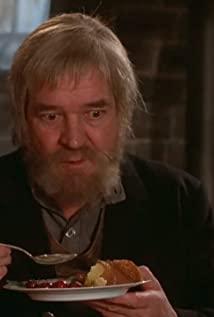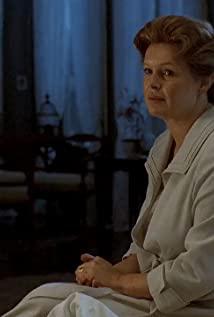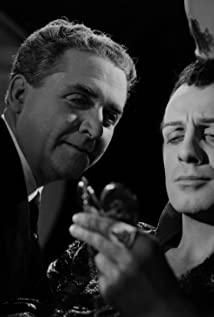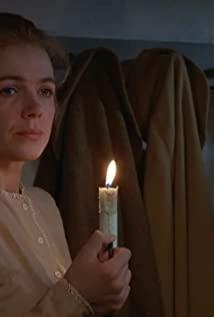I suddenly stopped talking.
The male god said, after watching this film, I may not know exactly what it wants to express, whether it is faith, religion, love, nostalgia for the homeland or something, but some movies are like this, as long as you have watched it, you will Will not forget, and will remind you from time to time. The same is true of some places, as long as you have been there, you will follow you for the rest of your life.
As vulgar as I envy but can't touch the essence of French cuisine. In this way, the dishes are served and removed, and in the end, it should be more of a ritual than the food itself. Artists are not poor, Babette said. Therefore, I see this diet more as an art. Artists are not trying to prove something or express something, they are just narrating the inner world, but the expression is different.
The abundance of spiritual life has nothing to do with material life, and the pursuit of luxury in food does not mean the interruption of belief. Isn't food the most unique gift from God. I think at the end of the film, when the Danish believers hold hands around the well and sing praises to God, this is the meaning of this feast.
I have always rejected those who are arrogant and blindly pursue spiritual life and despise any material pursuit. I don't think it's any better than those money-worshippers, it's all a repression of human nature. The ancients said that Canglin knows the etiquette when he is honest, and knows honor and disgrace when he has enough food and clothing. This sentence is still meaningful to this day.
I can't reach the spiritual level, I just want to be a person who understands art a little and pursues the quality of life.
View more about Babette's Feast reviews


